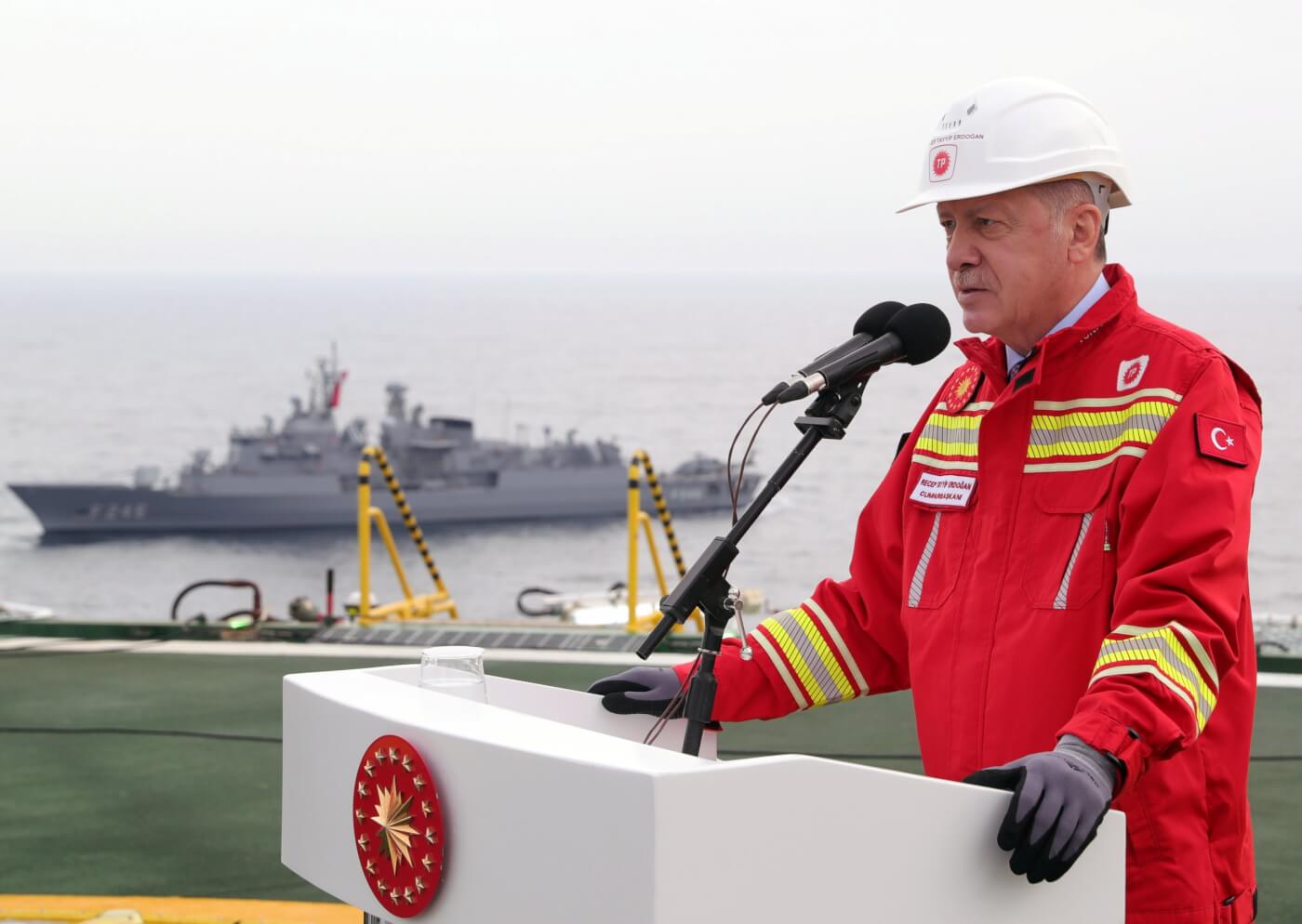Former EU Commission chief Jean-Claude Juncker has voiced his support for sanctions against Turkey “if they do not change their behaviour”. In an interview with Ta Nea, he expressed that he does not favour sanctions as a solution to political problems, but it may be the last resort against an increasingly hostile Turkey.
Who is calling for sanctions and why?
Sanctions are being pushed for by EU members, particularly Greece, due to concerns over Turkey’s recent activity in the East Mediterranean. Tensions grew after Turkey sent its research vessel, the Oruc Reis, into disputed waters, as well as making military expeditions near Libya and Syria. This builds upon calls in September for Turkey to stop “illegal drilling and energy exploration activities” in the region.
Speaking to Euronews, French MEP Nathalie Loiseau said there are “no more” member states left that do not consider Turkey a serious issue, and the European Council should stop waiting to send a strong signal.
“I strongly advise the European Council to leave behind this naivety and passiveness and to express itself through actions of support for Greece and Cyprus. By actions I mean, measures, sanctions”
she said.
France has supported Greece’s calls for an arms embargo against Turkey, additionally backed by Austria, Luxembourg and Slovenia. However, there is a lack of unity amongst EU members, with Germany, Spain and Italy disagreeing with sanctions due to trade relations. Last year, arms sales to Turkey made up almost a third of Germany’s defence industry, whilst between 2015 and 2019, 43% of arms imports to Turkey came from Italy and Spain.
Escalating problems
Erdogan has been increasingly at odds with EU leaders and the international community, not just over naval activity, but over human rights issues and involvement in the Nagorno-Karabakh dispute.
A military hotline between Turkey and Greece was set up earlier this month in order to de-escalate conflict, following NATO talks in Brussels. NATO Secretary-General Jens Stoltenberg welcomed the “safety mechanism”, pushing for diplomatic efforts to address disputes. Despite this, Greece’s Prime Minister Kyriakos Mitsotakis remains adamant that Turkey’s aggressive activity and unilateral actions “can no longer be tolerated”.
NATO has been alarmed at Erdogan’s backing of Azerbaijan over Nagorno-Karabakh, a territory that is currently being fought over with Armenia. Incentivized by its reliance on gas imports from Azerbaijan, Turkey is providing infrastructure and weapons support such as drones to spearhead Azeria attacks, one Ankara official told Reuters. Putting himself at odds with NATO allies, Erdogan has bypassed decades of mediation efforts by Russia, France and the US by directly involving Turkey militarily.
With hundreds dead from the conflict, Turkish weapon supplies are controversial, but Erdogan sees his involvement as part of Turkey’s quest for its “deserved place in the world order”.
As well as concern over Turkey’s international activity, human rights campaigners have highlighted the worsening domestic situation. Turkey is currently ranked 154th of 180 countries in the 2020 World Press Freedom Index by Reporters Without Borders, with 176 journalists currently imprisoned and 167 either wanted or in exile. Eleven international human rights groups, including Human Rights Watch, the Association of European Journalists, and the Committee to Protect Journalists, issued a statement this week that said Turkish’s unchanged behaviour is “hugely disturbing”.
Turkey’s state media regulatory bodies, the Radio and Television High Council (RTÜK) and the Press Advertising Authority (BİK), have imposed harsh penalties to cripple independent media. RTÜK imposed fines of $1.6 million on TV channels that took critical stances of the government in 2019 and the first half of 2020. The controversial new law on internet crimes, which requires social media platforms with over a million connections to appoint a representative to liaise with Turkish authorities, further clamps down on media freedom and social networking as a tool for political activity.
IOHR recently spoke to Kurdish journalist Nurcan Baysal, who was subject to an investigation launched by the Turkish authorities into her coverage of Turkey’s Covid-19 measures in the country’s Kurdish-majority Southeast, and was held for two days in prison on charges of inciting hatred and enmity in the public. Baysal said that the international community is not doing enough to protect those in danger and under threat of Turkey’s crimes, and it is important for Kurdish citizens to know that they are not alone. She pushes for journalists to keep recording and documenting abuses despite the danger, in the hope that one day there will be justice for victims of war, torture and supression. Baysal calls for the release of elected mayors, officials, journalists and citizens who have been jailed for their thoughts and speaking out against the state.
Watch the interview below:
IOHR’s Turkey Tribunal further documents the dire human rights record, recently publishing reports on abductions and torture in Turkey today.

